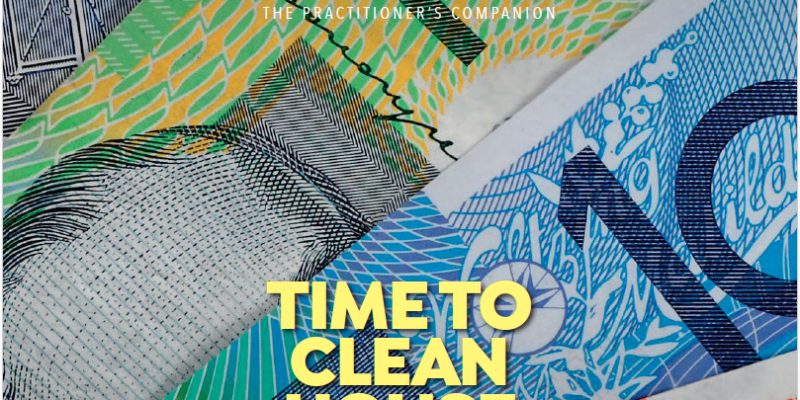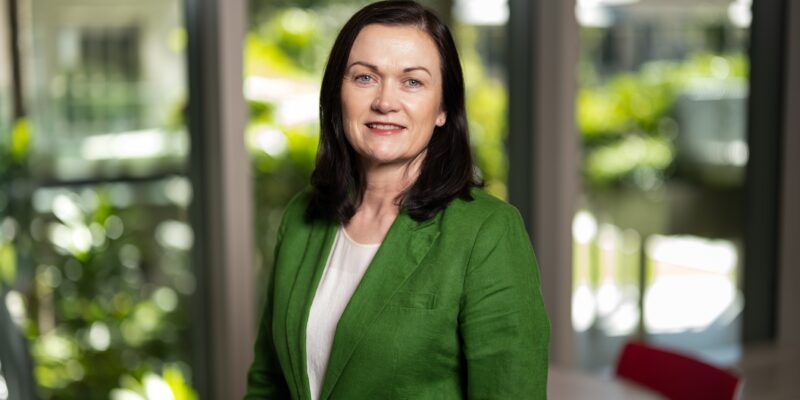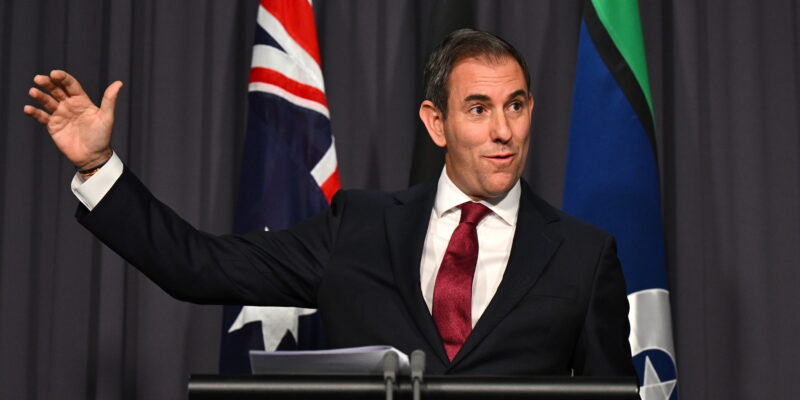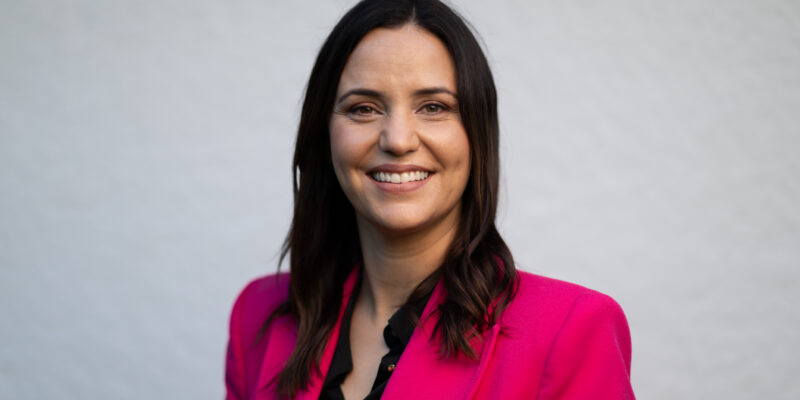New money-laundering laws blocking dirty cash from Australian property a step closer
Reforms to anti-money laundering and counter-terrorism financing laws stopping up to $12 billion in dirty cash from being laundered through property are heading through parliament.

LAWS blocking dirty cash from Australian property are a step closer after the Federal government unveiled measures that will make professions such as accountants, lawyers, conveyancers and real estate agents more accountable.
Reforms to anti-money laundering and counter-terrorism financing laws were introduced to federal parliament on Wednesday in a bid to crack down on offenders.
Under the changes, businesses recognised as high risk for money laundering and terror financing will face more regulations to make it harder for criminals to use businesses as a front.
Industries identified as “gatekeeping professions” who face tougher oversight – who were interviewed as part of an Australian Conveyancer special report in July – said the changes were the biggest facing the industry in a decade.
Up to 100,000 individuals and businesses will need to meet significant reporting obligations under so-called Tranche 2 measures currently being discussed by the government.
Attorney-General Mark Dreyfus said the changes were long overdue.
“Australia is an attractive destination to store, launder and legitimise proceeds of crime … and this bill will put an end to it,” he told parliament on Wednesday.
“(The changes mean) preventing criminals from enjoying the profits of their illegal activities and putting an end to funds falling into the hands of terrorists and authoritarian regimes.
“The Bill will close a significant regulatory gap in Australia by expanding the regime to address vulnerabilities within ‘tranche-two’ entities, including lawyers, accountants, real estate professionals and dealers in precious stones and metals.”
AUSTRAC – Australia’s financial crimes watchdog – noted in a recent Money Laundering National Risk Assessment that criminals are increasingly exploiting these sectors to conceal illicit wealth and launder money.
While the AFP seized $1.1 billion in criminal assets between July 2019 and June 2024 – with more than $720 million involving real estate – government experts suspect the true figures dwarf those numbers.
At the launch of the Risk Assessment, AUSTRAC’s CEO Brendan Thomas suggested it could be many times higher.
Speaking at a joint event with Attorney General Mark Dreyfus, he said: “We know that the value of the domestic Australian drug market is worth at least $12.4 billion per year.
“This money then needs to be laundered through the Australian economy, every single year.”
The law changes come after the global Financial Action Task Force (FATF) watchdog in 2015 found Australia had failed to comply with a number of critical standards.
The watchdog had singled out that Australia had failed to extend anti-money laundering laws to at-risk industries.
“Australia is one of just five countries that currently do not have laws governing gatekeeper professions for money laundering,” Mr Dreyfus said.
“It means Australia is at serious risk of being ‘grey-listed’ by the (finance watchdog), which would not be damaging to our international reputation but could result in significant economic harm to Australians and businesses.”




